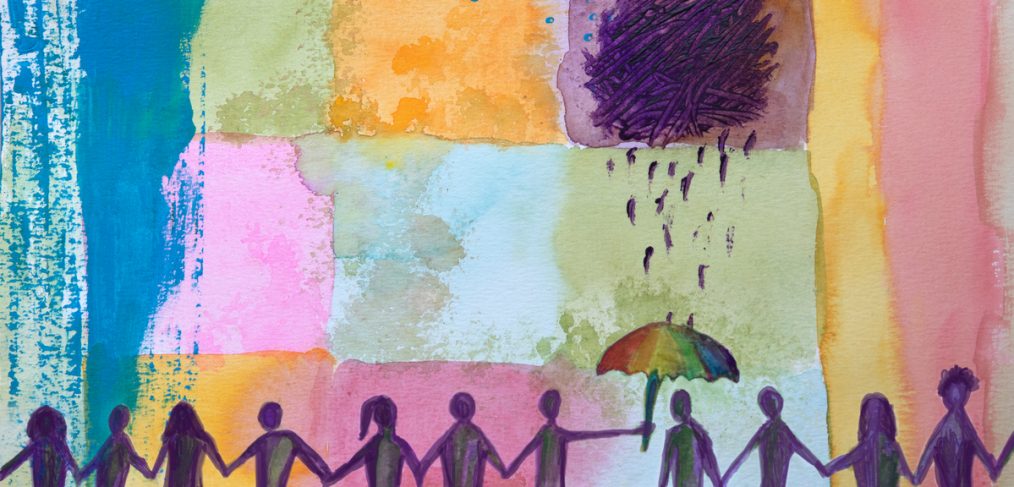
More Than the Least—Rising Above the Lowest Common Denominator
Life seems limitless on its surface, yet we must constantly live within limits. Some we set ourselves; others are imposed on us. That is natural and normal. Because we can’t do everything and need to prioritize, we incorporate limits in our lives by design. Often this leads to doing as little as possible to achieve a desired outcome—in other words, we’re efficient. But this approach can also lead to a mindset of doing as little as possible, or sometimes, nothing at all. There are aspects of life, however, that deserve more than the least we can do. They deserve intention and effort. While these aspects will not be the same for everyone, we all have opportunities to explore what ours might be. To that end, it can be helpful to periodically review what is important to you. Think about those things and what you do to support them—is there anything more you might do? Have you thought about it creatively? Sometimes the least you can do isn’t all you can do.
Outcome versus effort
When people say “It’s the least I can do,” they mean it was nothing—something not worthy of gratitude. But that’s often a case of false humility. The least they could do isn’t the least at all. In some cases, efficiency is important. Efficiency lets you do more in less time; it lets you achieve more of what you want to achieve. But adopting this mindset can lead to always doing the bare minimum—always doing just the least you can do. But it’s often better to think about what you want to achieve in terms of outcomes: What change do you want to effect? What difference do you want to make? If you keep your attention on outcomes as opposed to effort, efficiency can still work.
Our level of effort is something we can consider in all aspects of our lives, not just in the big goals we’re trying to achieve. For example, once I was out running some errands with my son, and on the way out of one of the stores, we stopped briefly to chat with the checkout person. It was a very pleasant exchange. When we got back in the car, we talked about the fact that passing the time of day with somebody in customer service can have a huge impact on their day. Retail workers run across all kinds of rude and impatient people, so having one positive interaction can change the way their whole day goes.
That was an instance when I thought to myself, “It’s the least I can do.” In this case, being nice to a checkout person is an isolated event and it really is the least one can do. But if you develop a habit of doing that, of always exchanging a few kind words with people, it can lead to a mindset of reaching out to people and engaging meaningfully. It can become something more. You can also think about this in terms of outcomes and effort. The outcome is having a positive influence on the people you interact with. It’s making the world a more pleasant place to be. The effort is whatever you want it to be, but you’ll find that if you get into that mindset of lifting people up and giving them a smile, it will really be no effort at all. It will just happen naturally.
Rising above the lowest common denominator
This is just one example of making an impact through a shift in perspective and a little bit of effort. Once you get into this mindset, you’ll find other examples throughout your life. Everyone’s opportunities will be different, but we all have them.
Thinking about the effort and impact related to the least you can do will help you rise above that lowest common denominator. It can give your life more meaning and help you become a more positive influence on the world.
It’s the least you can do!




Really enjoyable